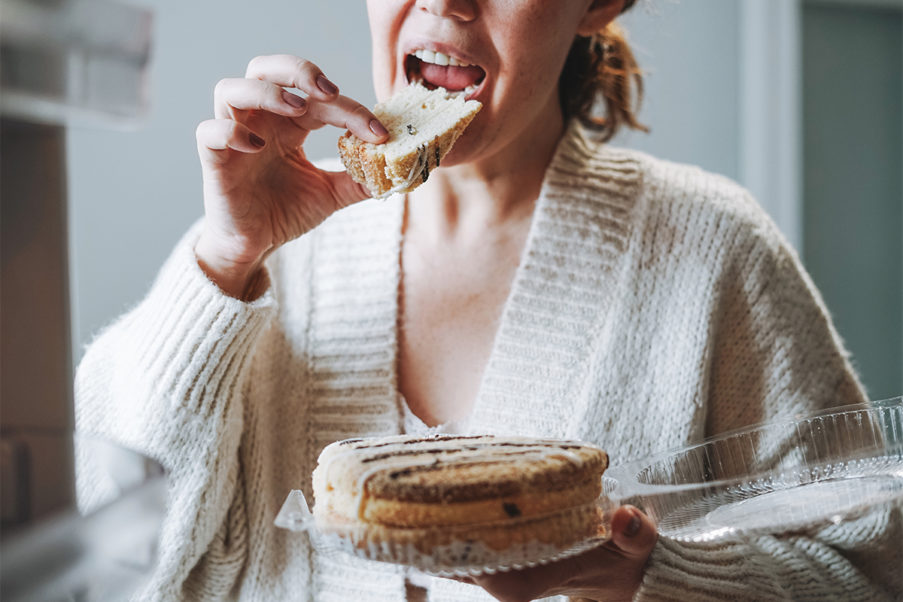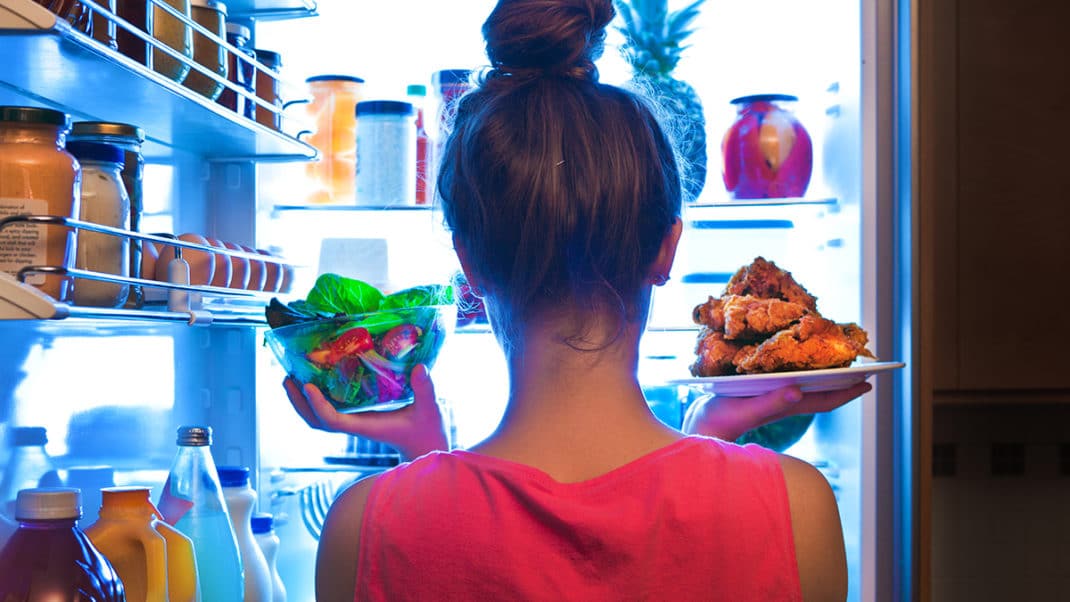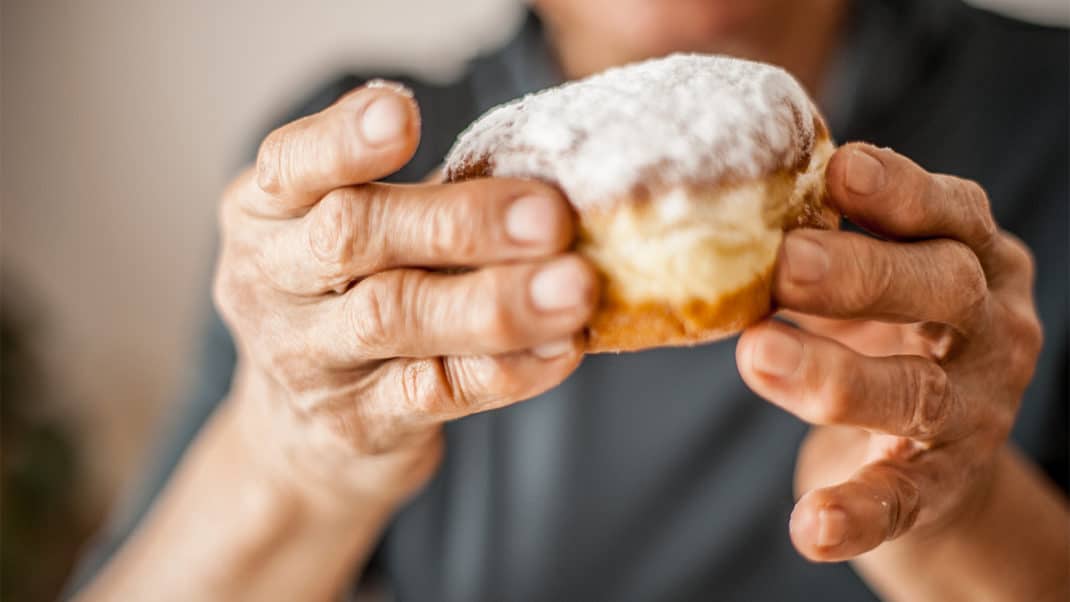Nicotine Withdrawal and Snacking
Quitting smoking can bring on a case of the munchies.

As reported in Drug and Alcohol Dependence, researchers from the University of Minnesota Medical School in Minneapolis have added to the weight of scientific and anecdotal evidence that there is a connection between nicotine withdrawal and poor eating habits.
Participants in the midst of nicotine withdrawal were likely to consume more calories and select more high-fat items from a tray of snack foods than nonsmokers. The use of food, especially those dense in calories, can help people cope with the distress that characterizes the feelings people experience during smoking cessation. The administration of naltrexone, a medication used to manage substance use disorders by reducing cravings and feelings of euphoria, normalized calorie intake in smokers to levels seen in nonsmokers, which the investigators say suggests that the opioid system may be a mechanism of withdrawal-induced intake of calories.
Many people fret about such side effects of “butting out,” so a better understanding of the mechanisms at play is important in developing ways to increase adherence and lower the risk of relapse.
See also: Smoking and Musculoskeletal Injury Risk
Matthew Kadey, MS, RD
Matthew Kadey, MS, RD, is a James Beard Award–winning food journalist, dietitian and author of the cookbook Rocket Fuel: Power-Packed Food for Sport + Adventure (VeloPress 2016). He has written for dozens of magazines, including Runner’s World, Men’s Health, Shape, Men’s Fitness and Muscle and Fitness.





